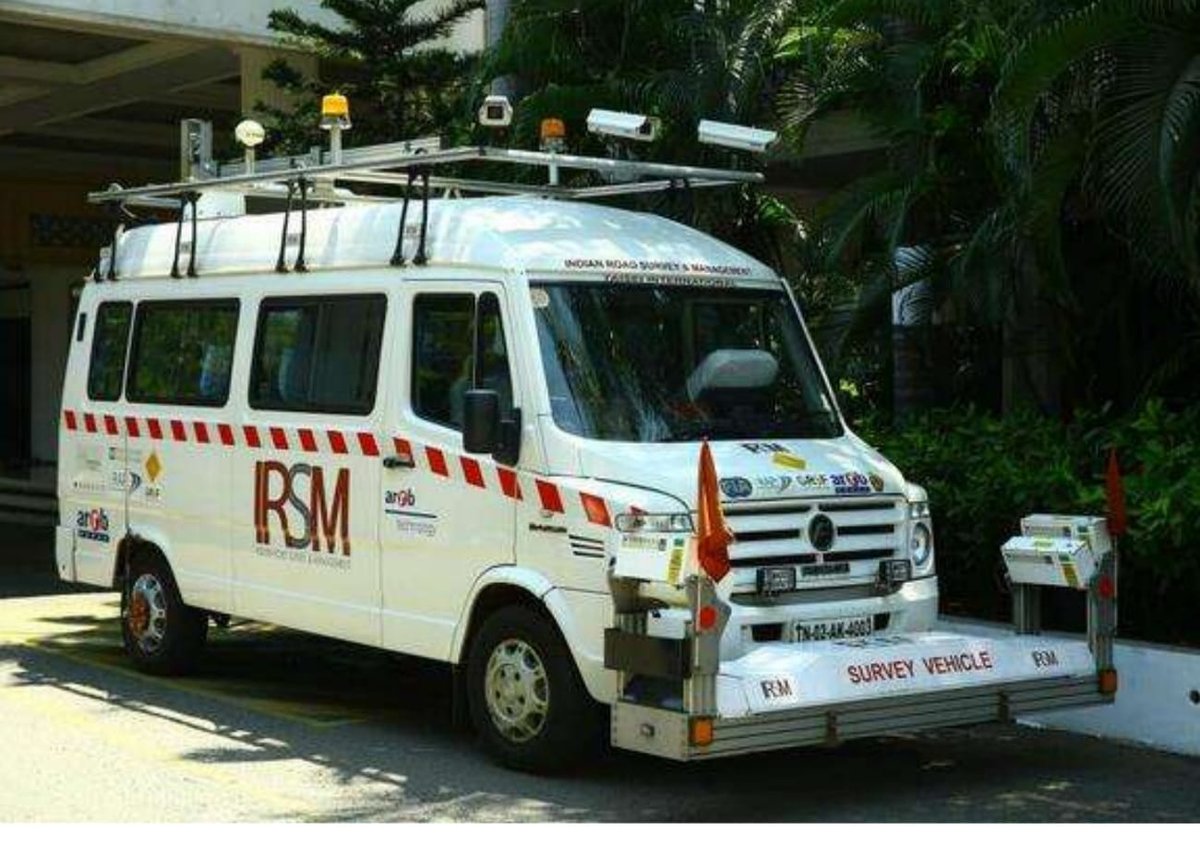The Pimpri-Chinchwad Municipal Corporation (PCMC) has launched the Geographic Information System (GIS)-based Road Asset Management System (RAMS) to overhaul the road maintenance and management process in the city. The initiative addresses critical challenges that have plagued urban road management for years, including the absence of centralised data, inefficient resource allocation and ad-hoc repair decisions.
One of the major issues identified by PCMC is the lack of a unified database for road assets, leading to fragmented information and inefficient planning. Additionally, the absence of a unique road identification system has made tracking and managing infrastructure challenging. Road maintenance has often been dictated by subjective demands rather than measurable criteria, resulting in unequal distribution of resources. Fringe areas have frequently been neglected while repeated maintenance is carried out in certain well-maintained zones, leading to wasteful expenditures and poor service levels across the network.
The RAMS project introduces a technology-driven solution to these problems by creating a centralised GIS platform that provides detailed and real-time data on roads and related infrastructure. This includes road conditions, maintenance history and asset details such as utility poles, streetlights and signage. The system leverages advanced tools like GPS-enabled vehicles equipped with high-resolution cameras to collect data and assess road conditions.
Speaking about the initiative, PCMC Commissioner Shekhar Singh said, “The GIS-based RAMS enables us to adopt a scientific approach to road management, ensuring that resources are utilised efficiently, and maintenance is carried out equitably across the city. The project focuses on preventive maintenance by identifying potential issues before they escalate into major problems, thereby reducing long-term repair costs. It also includes post-monsoon surveys to assess road conditions and plan budgets effectively. By linking RAMS with PCMC’s Work Management System (WMS), redundancy in repairs will be eliminated, ensuring a more streamlined and accountable process.”
City Engineer Makarand Nikam highlighted the significance of this approach, stating, “RAMS is not just a maintenance tool; it is a strategic investment in the future of Pimpri-Chinchwad. By shifting from reactive to preventive maintenance, we are improving road longevity, optimising resources, and delivering better infrastructure for our citizens.”
Key features of the RAMS project
Comprehensive Data Collection: Road inventory, condition assessment, and asset mapping using GPS-enabled vehicles and high-resolution cameras.
Scientific Budgeting: Maintenance works planned based on measurable criteria, ensuring efficient use of resources.
Preventive Maintenance: Early detection and repair of issues to reduce long-term costs and enhance road longevity.
GIS Integration: Real-time tracking of road conditions, repairs and maintenance history on a centralised platform.
Post-Monsoon Surveys: Annual inspections for informed budget allocations.
Smart Governance: Linking RAMS with PCMC’s WMS to eliminate redundancy and improve accountability.
